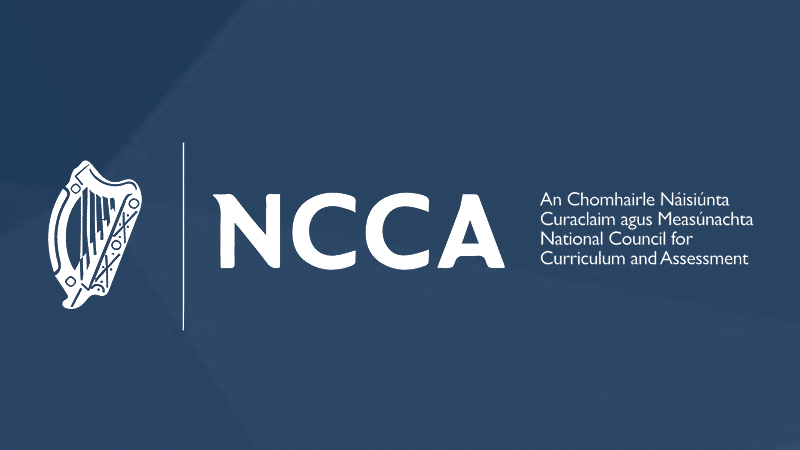The National Council for Curriculum and Assessment (NCCA) must make significant improvements to its draft specification for Senior Cycle SPHE, The Christian Institute has said.
The Institute highlighted that the proposals for the Irish Social, Physical and Health Education curriculum for 15- to 18-year-olds do not give proper recognition to parental rights and have poor regard for free speech.
It also identified the absence of any reference to marriage and the inclusion of radical gender ideology as further significant problems to address.
Parents ignored
Institute Deputy Director Ciarán Kelly said: “Parents and teachers of all faiths and none are concerned at some of the language that has – and has not – been used in this draft curriculum, despite the sensitivities of the issues involved.
“The Constitution and the European Convention recognise the primacy of parents in the education of their children. Sadly, no such status is afforded to them by this drafting, which doesn’t even see fit to highlight the need to consult parents set out in education law.
“Marriage is understood the world over to be the best context for bringing up children. The evidence consistently demonstrates that children do best when brought up by a mother and father who are married to one another. But again, you wouldn’t know it from this draft which studiously avoids all mention of marriage.
“By contrast, it has plenty to say in support of contested gender ideology, thereby risking marginalising those who uphold the reality of biological sex. It needs to balance this by including a clear commitment to free speech for students who do not accept transgender ideology, or who cannot affirm sexual practices which run contrary to their religious beliefs.”
Misdirecting schools
The NCCA consultation on the draft specifications closed last month, and in its response, the Institute said the updated curriculum should better reflect the Education Act 1998’s requirement for a school to consult parents.
It said: “It is important schools are not misdirected into pre-determining their approach before consulting with parents, or they risk breaching this requirement of the Act.
“The NCCA should not therefore be presenting aims and learning outcomes to schools without qualification as if they are predetermined.”
It also highlighted the responsibility the Act places on the Education Minister not to “require any student to attend instruction in any subject which is contrary to the conscience of the parent of the student” or the student themself if they are over 18.
Marriage
The Institute was particularly critical of the way the proposals ignore marriage, saying: “Marriage is notable by its absence from these learning objectives, despite being the prime exemplar of a sexual relationship in Irish culture and in almost every culture around the world.
“There is substantial evidence that children brought up by their married parents achieve more educationally, are healthier and more economically productive.
“Where the parents of a child are married, the evidence demonstrates they are far more likely to remain together throughout their children’s childhood, and beyond. That remains the case when adjusted for other factors, such as family income”
It added: “While there is a need for sensitivity, young people must not be denied objective, factual information which will inform some of the most important decisions they will make in their lives. An understanding of the nature and distinctive characteristics of marriage and its significance for the upbringing of children and for society should be a learning objective in its own right.”
Free speech
Concerns were also raised over the draft specification’s lack of proper free speech protections, with the Institute warning that the curriculum “must not marginalise” those who disagree with radical gender ideology, or those who hold to Christian views on marriage, adding that promoting views that parents would disagree with would breach a school’s legal duties.
It called for “a clear commitment to free expression for students who do not accept transgender ideology, or who cannot affirm sexual practices which are contrary to their religious beliefs”.
It pointed out that the European Convention on Human Rights’ provisions for free speech has been found to include the right not to be compelled to express a view.
“It must be clear that there is no requirement for students to hold or express a particular view, and no disadvantage to them because of their religious beliefs. The objectives of the curriculum must be impartial, and must be drafted in such a way as to help ensure schools are impartial in their delivery, in order to abide by their legal duties.”
Children can be withdrawn from controversial sex ed, RoI Minister confirms
Parents challenge promotion of gender ideology in RoI schools

Parents urged to ‘make themselves heard’ on trans ideology in RoI schools
Children can be withdrawn from controversial sex ed, RoI Minister confirms
Parents challenge promotion of gender ideology in RoI schools
Columnist: ‘Teachers should stick to biology not ideology in sex ed’


